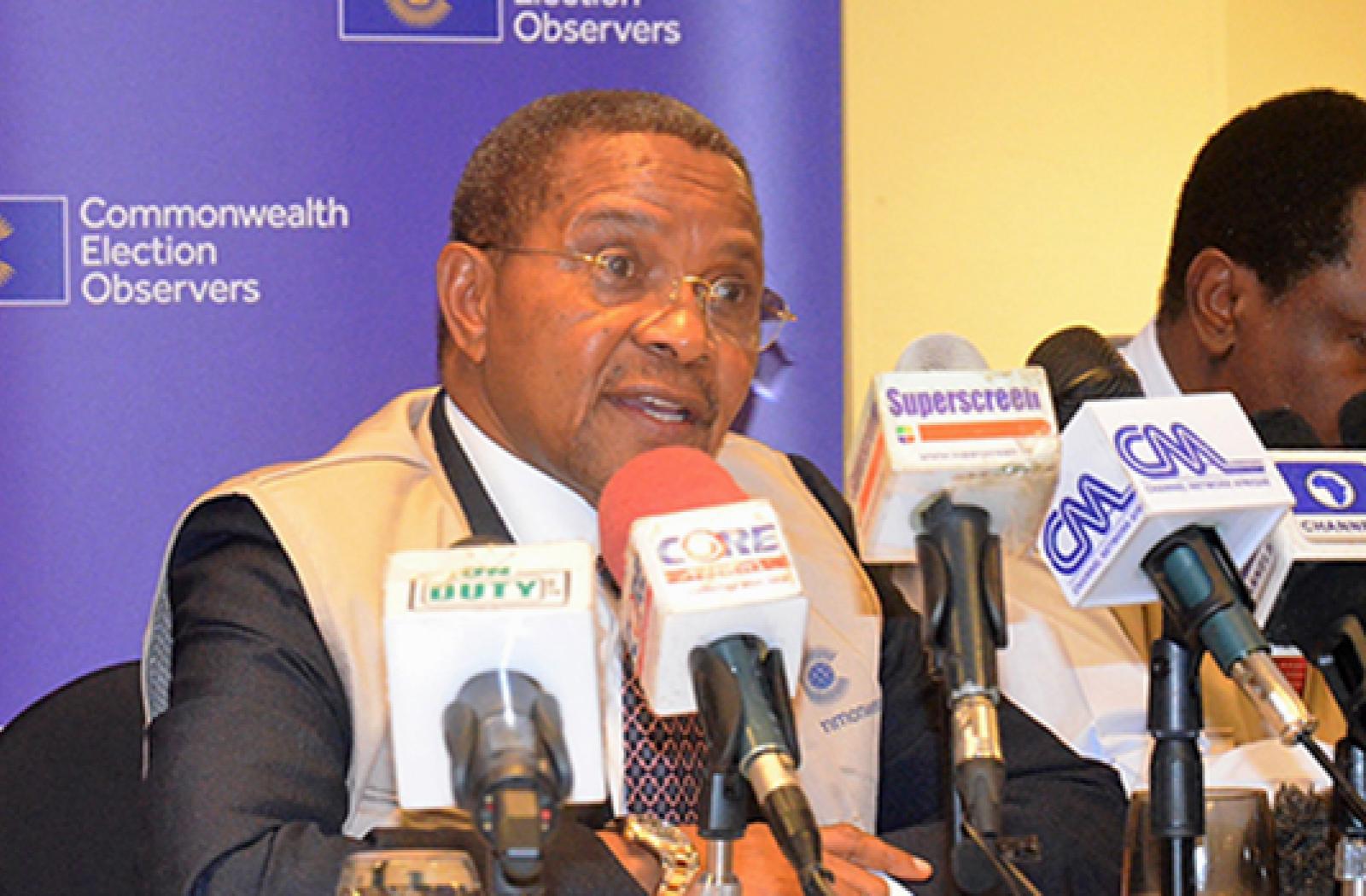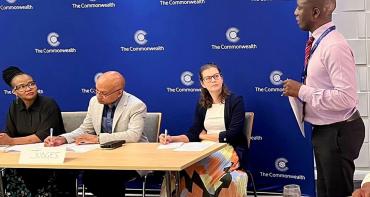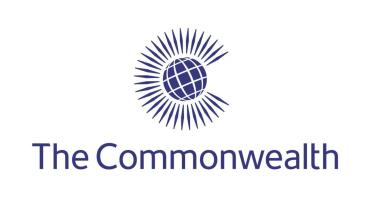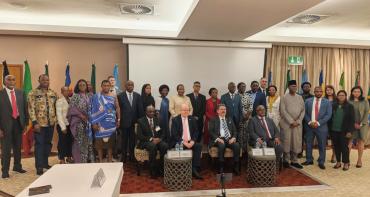The Commonwealth Group observing Nigeria’s general election has concluded that despite difficulties faced during the vote, “for the most part, Nigerians had the opportunity to express their will and exercise their franchise.”

The Commonwealth Group observing Nigeria’s general election has concluded that despite difficulties faced during the vote, “for the most part, Nigerians had the opportunity to express their will and exercise their franchise.”
In its
“Election-related violence and loss of life, which occurred in a number of places, is deeply troubling. Nigeria can do better. Violence has no place in a modern democracy,” stated Chairperson Jakaya Kikwete, former President of Tanzania, noting that several reports of violence were received by the Group. “Those responsible should be held accountable. We encourage all political parties to honour their commitments in the National Peace Accord and reject violence.”
The Group welcomed the signing of the National Peace Accord, and noted that while the campaign environment was tense and divisive, overall, “fundamental freedoms of association, expression, assembly and movement were generally respected”.
On polling day, Commonwealth observes witnessed a number of key challenges, including delays in the distribution of election materials, late opening of polling units, technical problems with Smart Card Readers, and inconsistency in polling procedures.
The Group also noted that 11.2 million Permanent Voter Cards (required for voting) out of 84 million were not collected. Consequently, more than 13 percent of all registered voters could not vote.
Notwithstanding the challenges, Commonwealth observers were impressed by the hard work and dedication of polling staff. They commended the youth of Nigeria, especially the National Youth Service Corps, for their invaluable contribution to the electoral process. They welcomed the passing of the Not Too Young To Run Act in 2018, as a significant first step to enable youth participation, and noted some progress in the number of female political candidates. The Group encouraged stronger action to promote genuine inclusion.
“We trust that the final stages of collation and announcement of results will be handled in a transparent and credible manner,” said Dr. Kikwete. “The people of Nigeria have demonstrated patience and commitment to their democracy. We appeal to them to maintain the same commitment in the post-election period.”
The Commonwealth Group observed followed the pre-election campaign, voting, counting and collation processes. The Group’s full assessment on the electoral process as a whole, setting out its recommendations in greater detail, will be submitted to the Commonwealth Secretary-General at a later stage.



